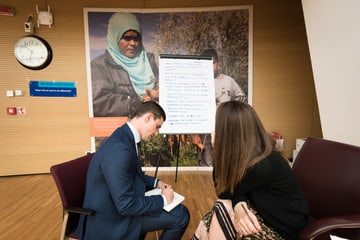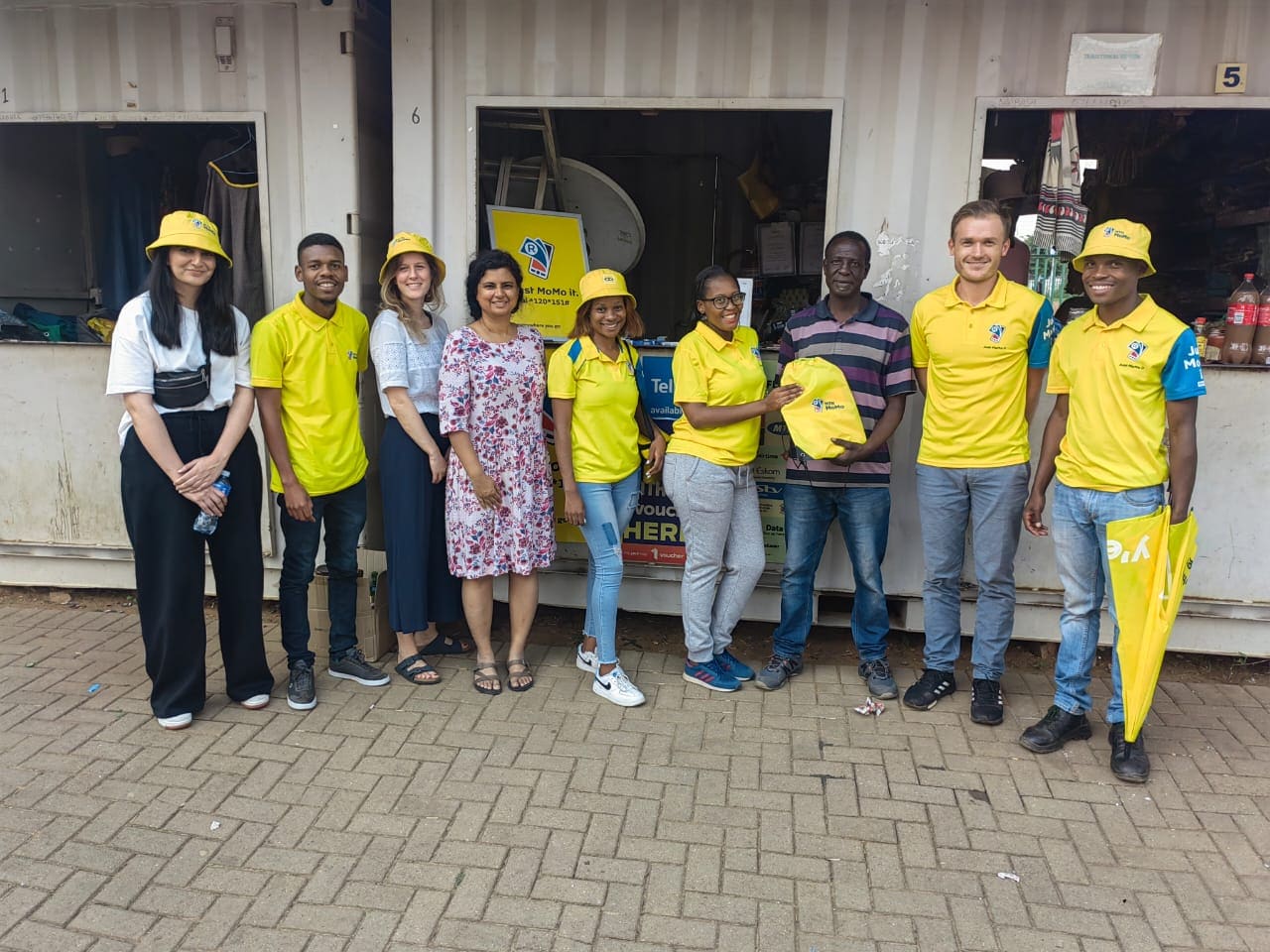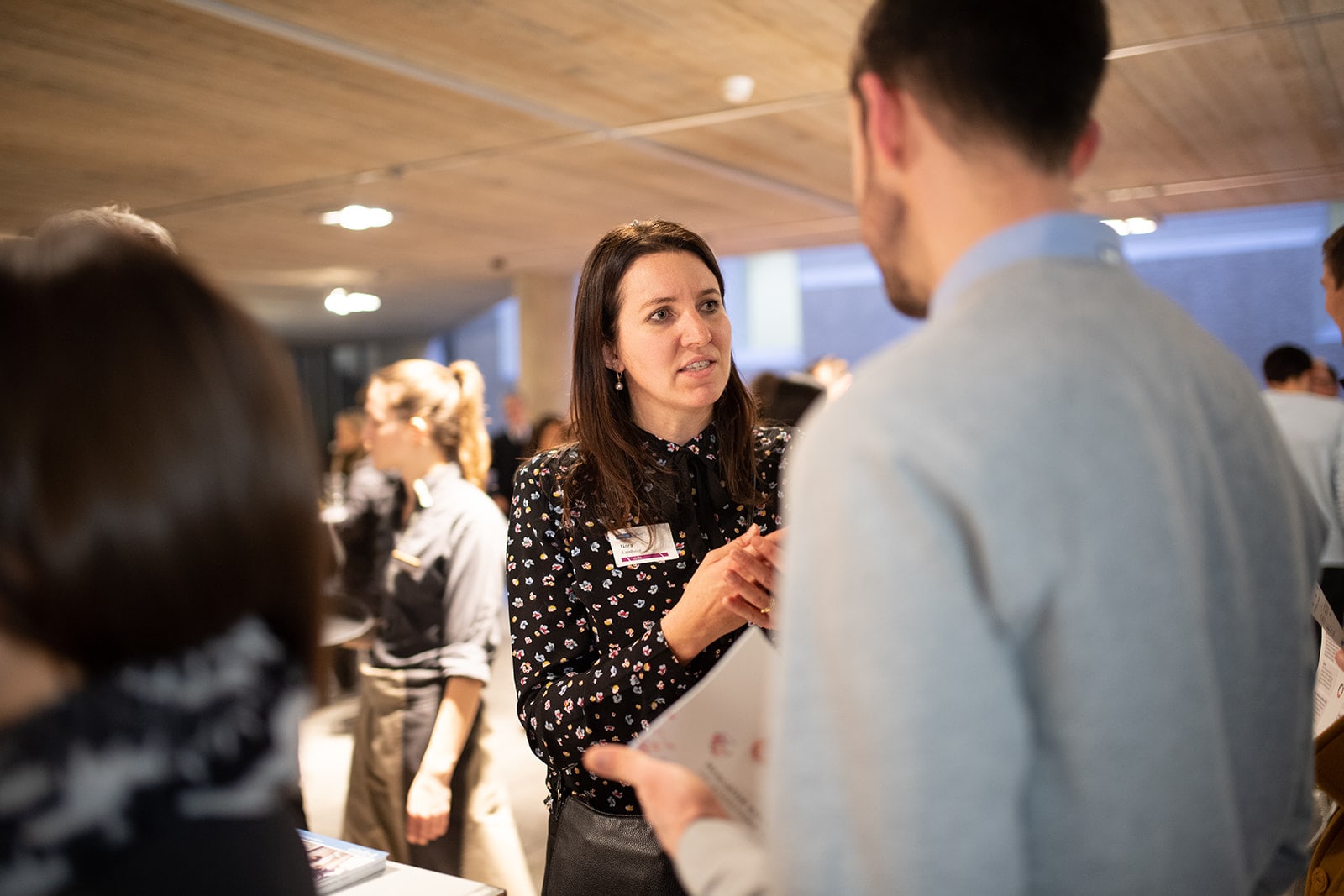Working at a multilateral development bank
Can you predict what work in an organisation looks like from its status? Yes, to some extent. There are different types of actors in international cooperation. A comparison between them shows the similarities and differences that can influence work. It goes without saying that each organisation also has its own particularities.

Multilateral development banks at a glance
Groups of countries founded the first development banks (or international financial institutions) to help rebuild war-torn countries and manage the global financial system. Later, regional development banks were created to promote economic growth and cooperation.
The development banks are, therefore, supported by the member countries. The latter make financial resources available on favourable terms (sometimes at no cost) for strategic development projects, ranging from infrastructure to key economic sectors.
These multilateral organisations have large sums of money at their disposal and the means to carry out substantive work.
From the Green Climate Fund to the World Bank Group, discover the diversity of institutions in our overview of actors:
Multilateral development banks in the overview of actors
How does the status of an international financial institution affect the working environment?
- Contrary to popular belief, development banks do not only employ people with a financial background. They also look for specialists in many fields who can monitor and evaluate investments.
- Development banks are large and generally organised hierarchically, with relatively fixed internal processes.
- The engagement of development banks is more at a macro level. In other words, staff members work more on programme development, strategic issues and steering activities.
- The working environment is multicultural.
- Because development banks engage in large strategic projects, the impact of one's own work is not always visible.
- Development banks work with many actors, including ministries, state structures, representatives of economic sectors, etc.
Questions to ask yourself
With the above considerations in mind, the following questions can help you to better define whether working in a multilateral development bank is right for you. Understand these questions primarily as an orientation aid, not as preconditions for making a decision.
Do you have a strong aptitude and taste for upstream work?
... such as developing strategic documents or programmes, coordinating activities, and monitoring (e.g. evaluating investments).
Are you comfortable working at a level that is sometimes further away from the beneficiaries than in other types of organisations?
This question should not be taken literally: the "altitude" of work varies greatly from one bank to another, from one function to another.
Do you come from a non-finance background? If so, do you have a specialisation that development banks value?
Some examples: urban development, public health, social protection, climate change, public-private partnerships, natural resource management, etc.
Are you prepared to work in culturally diverse teams?
... where people do not necessarily share your Western values and ways of working? Have you already developed intercultural communication and collaboration skills?
Are you comfortable with not always seeing the fruits of your labour?
Do you thrive in a somewhat hierarchical structure?
Are you prepared to give up your ideas at times? Have you mastered the art of compromise?
Our services – to take you further
cinfo supports Swiss professionals considering a career with the UN or a development bank, and those already in the system:





